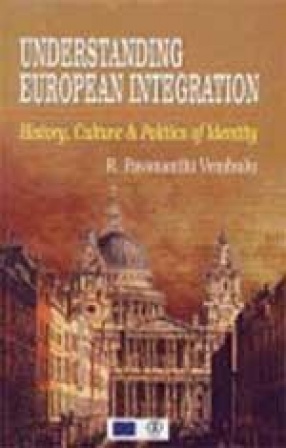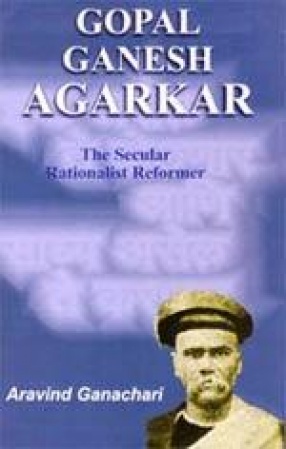This book is a result of the new intellectual vigor that the Maastricht Treaty had initiated in the post-Berlin wall Europe. Unlike the previous decades, the 1990s witnessed a broad spectrum of social scientists concentrate on the European integration process since it throws immanent challenge to the existing theoretical paradigms such as ‘nationalism’ and ‘globalization’. In this rekindled vitality and intellectual vibration, some anthropologists’ importation of questions of identity, culture and community into the study of European integration unleashed a new set of theoretical adventures to understand the on-going process. Drawing influence from this intellectual climate, this book tries to understand the integration process within the cultural history of Europe. The study structured itself along three axes: First, it circled down on the problematic over defining what Europe means; here the efforts were on to highlight the constant flux and contingent nature of the definition of Europe. Second, how this contingent nature of Europe has compelled the European Union to no longer skirt away the question of identity if it is to consolidate the process and expand its boundary towards east. By focusing upon the cultural policy of the Union, the study brought forth the various efforts of the Union, particularly the European Commission to transform the loyalties and identities of people from the national crucible to a broader European spectrum. Thirdly, the study critically evaluates these policy initiatives and highlights how they are structured around the nineteenth century colonial discourse of Europe.
Understanding European Integration: History, Culture and Politics of Identity
In stock
Free & Quick Delivery Worldwide
reviews
Bibliographic information
Title
Understanding European Integration: History, Culture and Politics of Identity
Author
Edition
1st ed.
Publisher
ISBN
8187879106
Length
xiv+265p.
Subjects





There are no reviews yet.